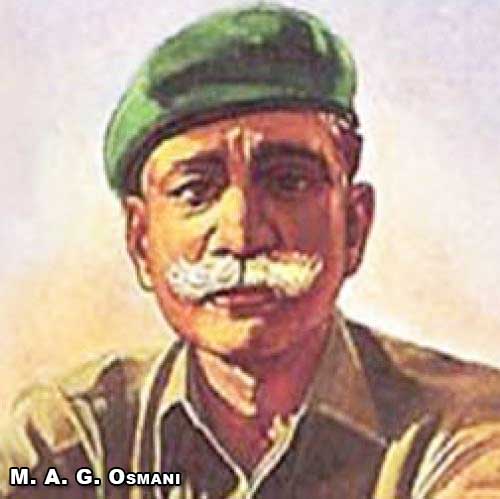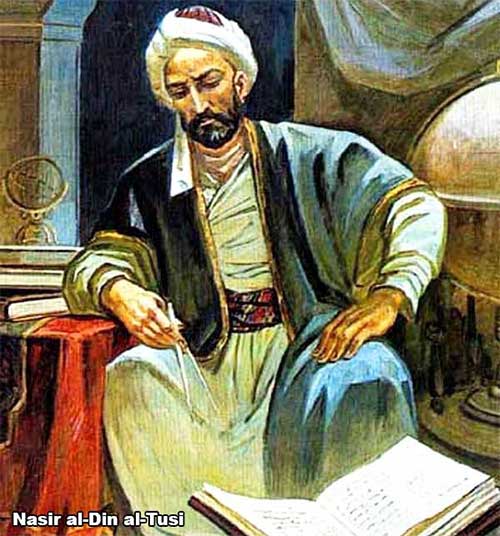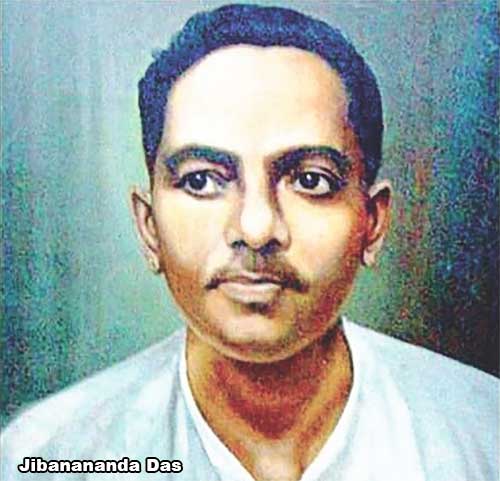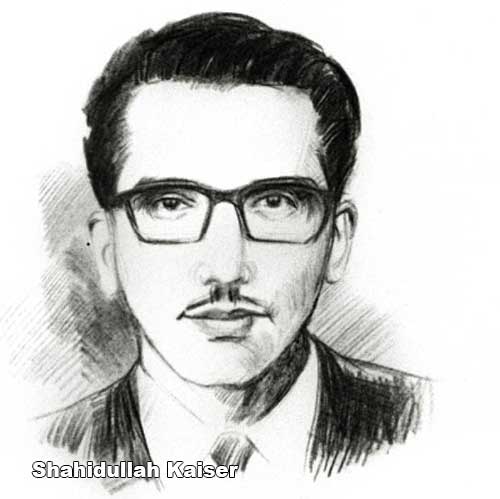
M. A. G. Osmani, widely known as "Bangabir," is a celebrated figure in the history of Bangladesh. He is remembered for his pivotal role as the Chief of Army Staff during the Bangladesh Liberation War of 1971. His leadership, vision, and dedication were instrumental in the birth of a new nation, marking him as one of Bangladesh's most revered military leaders.
Born on September 1, 1918, in Sunamganj, Sylhet, Osmani's early life was characterized by a strong sense of discipline and patriotism. He joined the British Indian Army in 1939 and quickly rose through the ranks due to his exceptional skills and leadership qualities. After the partition of India in 1947, Osmani chose to serve in the Pakistan Army, where he continued to build his military career, eventually reaching the rank of Colonel.
However, his deep-rooted love for his homeland and his dissatisfaction with the discrimination faced by Bengalis in the Pakistan Army led him to retire in 1967. Yet, his retirement was short-lived. When the struggle for Bangladesh's independence began, Osmani returned to active service, ready to lead his people to freedom.
In April 1971, during the early days of the Liberation War, Osmani was appointed the Commander-in-Chief of the Mukti Bahini (Liberation Army) by the Bangladesh government-in-exile. His strategic insight and understanding of guerrilla warfare were crucial in organizing the scattered resistance into a formidable fighting force. Under his leadership, the Mukti Bahini carried out effective operations against the occupying Pakistani forces, significantly contributing to the eventual victory in December 1971.
After the war, Osmani continued to serve his country in various capacities. He was appointed Minister of Shipping, Inland Water Transport, and Aviation in the government of the newly independent Bangladesh. He also served as a Jatiya Sangsad (National Parliament) member and was a key figure in the nation's political landscape.
M. A. G. Osmani died on February 16, 1984, but his legacy endures. He is remembered as a military leader and a patriot whose unwavering commitment to his nation's independence left an indelible mark on Bangladesh's history. His life and contributions are celebrated annually, particularly on the occasion of Victory Day, as a testament to his role in securing the freedom and sovereignty of Bangladesh.
#M. A. G. Osmani #Bangladesh Liberation War #Mukti Bahini



